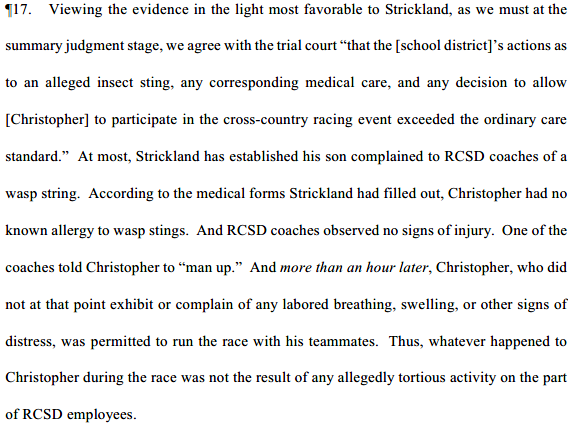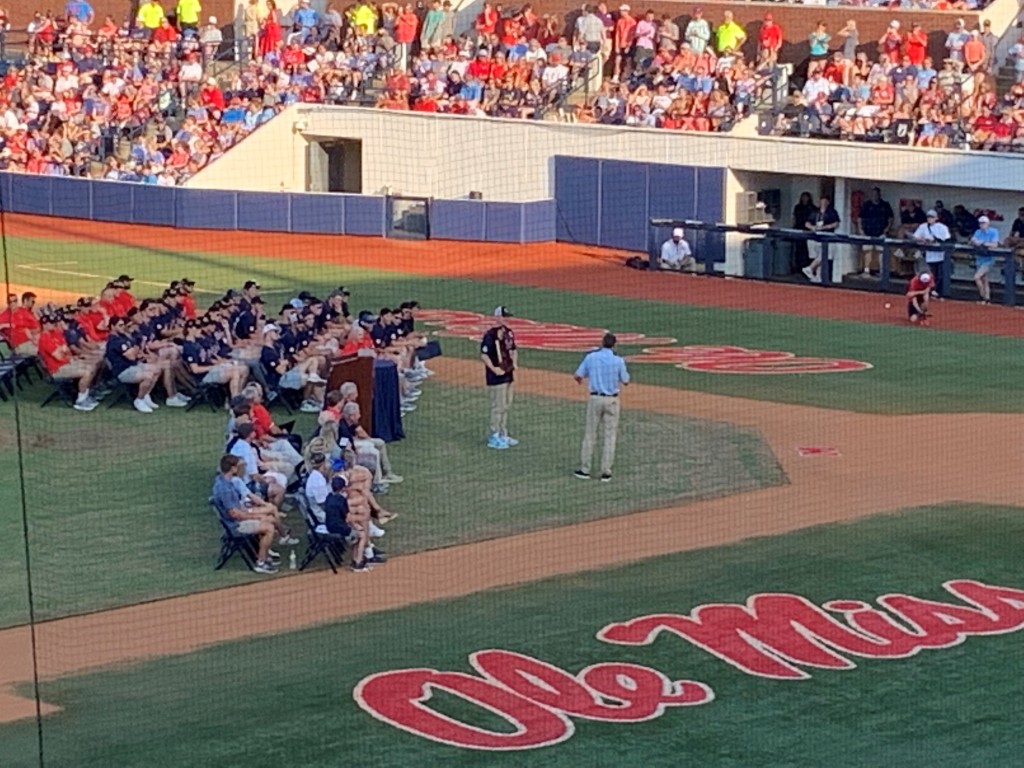The Mississippi Supreme Court handed down one opinion today in a dispute between the Mississippi Department of Medicaid and a group of providers. There was also a bunch of orders related to various sets of rules.
Hattiesburg Medical Park Management Corp., v. Mississippi Division of Medicaid, 2024-SA-00253-SCT (Civil – State Boards & Agencies)
Reversing the chancellor’s decision affirming DOM’s adjustments to providers’ 2015 cost reports, holding that DOM’s change to its internal policy of not offsetting the dividends received by certain providers without public notice was arbitrary and capricious.
(7-2: Griffis for the Court; King dissented, joined by Coleman)
Other Orders
- In Re: The Rules of Civil Procedure, 89-R-99001-SCT (amending MRCP’s introductory statement for Appendix A Forms)
- In Re: Local Rules, 89-R-99015-SCT (dismissing motion to adopt Local Rule Governing Indigent Counsel Appointment)
- In Re: Local Rules, 89-R-99015-SCT (granting motion to Amend or in the Alternative, Adopt Local Rule out of the 23rd Circuit Court District)
- In Re: Local Rules, 89-R-99015-SCT (granting Motion to Amend Local Rules for the 4th Circuit)
- In Re: Rules of Professional Conduct, 89-R-99018-SCT (granting Petition to Amend Certain Rules of the Mississippi Rules of Appellate Procedure and the Mississippi Rules of Professional Conduct in Order to Define the Practice of Law in Mississippi and Exceptions Thereto and to Prohibit the Unauthorized Practice of Law in Mississippi)
- Rules for Court Reporters, 89-R-99021-SCT (denying Motion to Amend the Rules and Regulations Governing Certified Court Reporters)
- In Re: Mississippi Rules of Criminal Procedure, 89-R-99038-SCT (denying Motion to Amend MRCrP 7.2 and Comment Thereto)
- Roncali v. State, 2023-CT-00173-SCT (granting cert)
- Davis v. State, 2023-CT-00884-SCT (denying cert)
- Harris v. State, 2024-CT-00231-SCT (denying cert)


